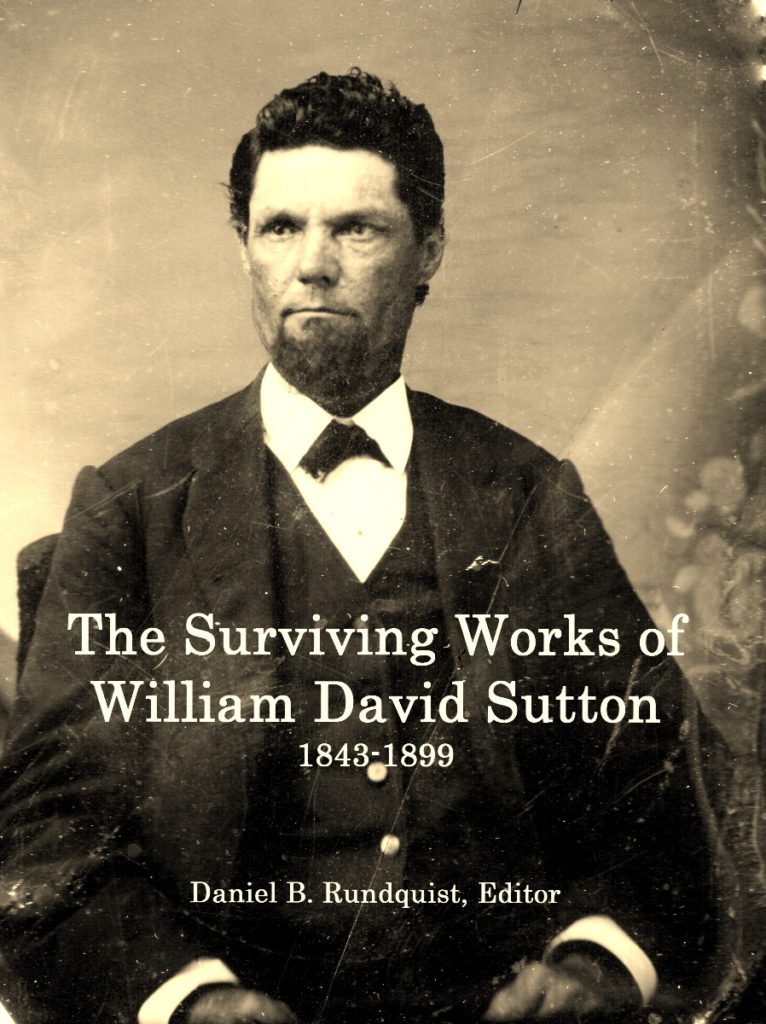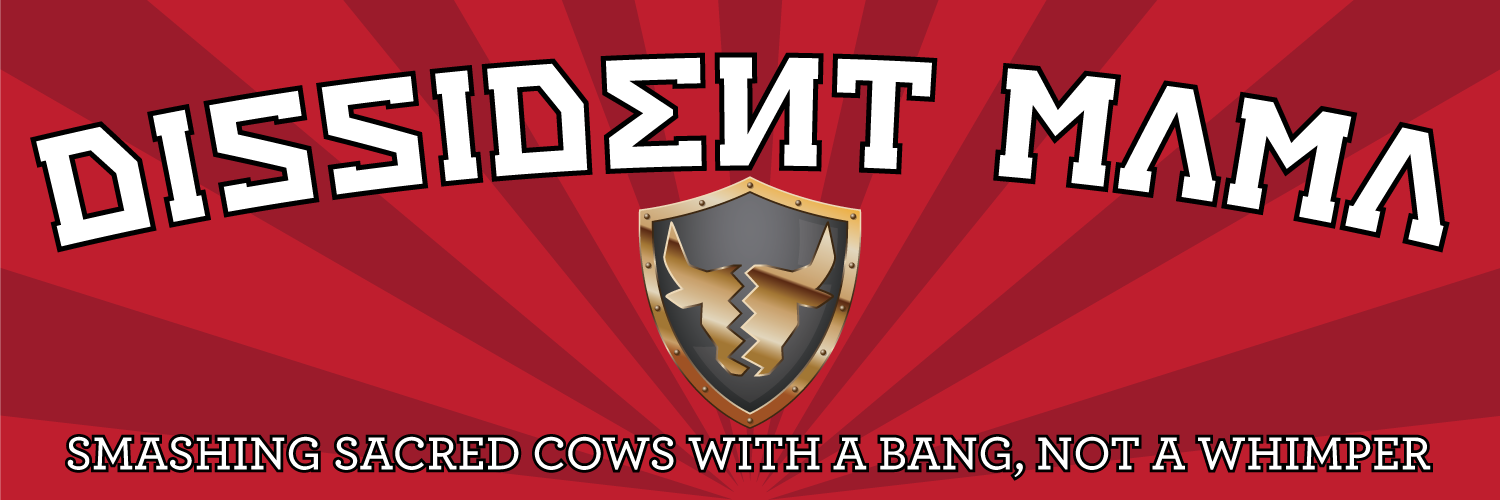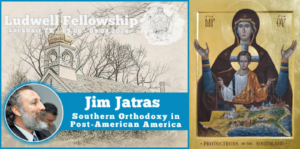“William D. Sutton was born in Kentucky on January 2, 1843, being 56 years, one month, and three days old at the time of his death, which occurred on Sunday, February 5, 1899, at 7 p.m. Eighteen years ago the deceased moved to Minnesota, where on September 7, 1882, he was married to Miss Annie C. Fredrickson, to whom were born three children, Alonzo, Etta, and Clarence, who with the mother, are left to mourn the loss of a kind husband and father.
“On October 12 last, Mr. Sutton with his family left their home in Prescott, Wisconsin, for Tennessee by way of the river, in a house boat. On reaching this point, the river froze up, thus impeding their progress and here they have remained all winter, occupying their boat at the foot of Washington Street. About Christmas time, Mr. Sutton was taken sick, his ailment developing into cancer of the stomach, from which he died as above recorded. Thus among strangers, in a strange land, the widow and fatherless are left in this lonely condition.
“Mr. Sutton was a soldier in the Confederate Army and was taken prisoner at Fort Donelson, where he fought against his own brother who was with the Union Army, and the two visited each other often during his imprisonment. Here he was taught to see his mistake and to know the error of the Confederate cause. He was a man of more than ordinary ability and was the composer of a number of poems which he intended to have published in book form. Formerly he had been a man of considerable means, but reverses came and carried all away. When ice bound here he was on his way to Tennessee to take charge of a store owned by a wealthy planter.”
The above was a portion of the obituary for Mr. William D. Sutton, my own great-great-grandfather. We are separated by four generations of Americans. Among the surviving artifacts of my mother’s ancestors we discovered pages of handwritten notes which were from the journals of Mr. Sutton, the binding long since deteriorated. For the very first time these journal notes, poems and such are seeing the light of day so to speak as I transcribed them myself from his longhand and published them in 2014. Mr. Sutton intended to one day publish his work, but passed away before he was able. Today, what remains of his work is available for Kindle and also on PDF format from the publisher.

Mr. Sutton, “Willdee” as he sometimes refers to himself, lived a hard life by today’s standard. He fought the Civil War on the Confederate side, was captured, and it is clear that this experience colored his outlook in later life. By the tone and subject matter of his writings, one might well conclude he was much more the lover than the fighter.
Mr. Sutton was very much human, asking and attempting to answer the same questions that we all have, and contemplating even the mind and intentions of God. His work is filled with romantic descriptions of nature, admonitions, advice, and observations of the day, mostly in verses of rhyme.
Works of this nature not only provide for us a glimpse of our own past, but often provide us with perspective. Much of what we see, hear, and read today is missing both perspective and context, and I believe this is due to ignorance, lack of interest, and used for political expedience.
As an example of perspective, I submit to you a portion of Mr. Sutton’s surviving work. Most people would agree that when business is “down,” it’s a generally bad sign. We all witnessed or suffered personally when the U.S. government unlawfully shuttered private businesses during the COVID narrative in 2020. But when is it ever a positive thing to see a business that is struggling? Well, William D. Sutton will explain for us. There are two versions of this prose, one is likely a draft.
“To a saloon keeper—who was complaining of dull business.
You say your trade’s declining and you are barely making your expenses. Which means fewer mothers
and children repining and more men coming to their senses
When business is flourishing with the butcher: grocer: and shoemaker, wives and children get more
nourishing. While your success is a sure heartbreaker.
To make a success of your trade how many widows and orphans have you made? How many have died
at the end of a rope or languished in prison without hope?
You’ve caused the children bitter cries and tears to flow from the mother’s eyes. It fills the alms houses
and jails. Trengied with drink: men there wine assails.
It robs the statesman of his brain. Of tramps it makes a lengthy train. I defy the world to show a place
it’s not brought misery and disgrace.
I read in the tribune just to day where a father dead drunk on the floor one little babe lay cold in death,
another drawing its last breath.
A weeping mother almost dead from over work and want of bread. All because some whiskey seller
made that much more money from his trade.
Girls be all maids the rest of your life rather than a drunkards wife. Take my advice: young man and heed
it well. I’ve bin through the mill myself. Shun them as you would the gates of hell and you’ll have friends
and health and wealth.
But in Saloon and on the street the boys had there fun at scrappin’. Every other man you meet his mug
had got a slapping. One fellow over from the island and for a fight was just a spiling.
When N—C made a pass at him and layed him on the floor. Some hastings business then come down so
and undertook to paint the town. But some one promptly knocked them down and then the fight was
o’er.
Next morning clearing up the wreck you could find thumbs and noses by the peck. A sash knocked out, a
broken door … free lunch and beer bestowed the floor.
And now young man take my advice. I’ve been through the mill myself. Rum leads to poverty and vice,
destroys intellect and health while you’ve lots of cash to spend for rum.
You are highly eulogized but when you’re broke then you’re a bum and sorely ostracized.
(Version 2)
Lines to a Saloon Keeper who told me his trade was dull
You say your trades declining
And you are barely making your expenses
Which means fewer mothers are repining
And more men coming to their senses
When the grocer, butcher, and shoemaker
Tell us their trade is flourishing
Wives and children are partakers
Of something useful, good, and nourishing
Quite different though when you succeed
In your unrighteous trade
How many hearts you’ve caused to bleed
Widows and orphans made
How many in prisons now reside
Without a gleam of hope
How many die by suicide
Or at the end of a rope
You’ve caused the children for too long
Young maidens for to weep
And bosom friends to long and sigh
And father’s grief sink deep
From a noble life statesmen have fell
To the depths of degradation
From the curse of rum offshoot of hell
And a curse to every nation
I read in the tribune just today
Where a father drunk on the floor lay
One little babe lay cold in death
Another drawing its last breath
A weeping mother almost dead
From overwork and want of bread
All because some whiskey seller made
That much more money from his trade
W.D. Sutton
Prescott, Wis.
Editor’s note: History and genealogical research provide such a cherished opportunity for us to self-reflect (who we are and where we came from), but it also offers up moments in which we can ponder the real lives and very real experiences of our ancestors. Kin not seen through the lens of “me,” but rather, who they were as individuals encapsulated in their own snapshot of time.
When I read this essay, I wonder why Sutton thought there was “error of the Confederate cause.” Was it because he was somehow freed from Fort Donelson and was subsequently influenced by his Unionist brother? After all, it was a consequence of the aptly named Battle of Fort Donelson in which the Yankees pushed their invasion of Tennessee, gained control over the Confederate-controlled bulwark, and then shipped Southern prisoners from there to Chicago’s Camp Douglas. This was a site corrupted with absolute prisoner brutality and disregard for human suffering and life. It’s estimated that about 4,200 Confederate POWs perished there during the remainder long years of the War. In fact, these Confederate dead are buried there in a mass grave there today.
So how did Sutton get out of Donelson, I wonder. And did he really buy into the Yankee/industrial-capitalist mythos, or was that just the embellishments of a Minnesota obit writer. On one hand, it would seem as if Sutton was resentful to the money-over-people mindset, but then again he also seemed quite into temperance, which is often associated with Yankee do-gooderism. Or maybe he was just worn out by the bullshit.Whatever the case, this is a thought-provoking essay and proof that perspective is not only a door to the past, but also a link to the present and future. – DM






Comments
I think there are legitimate questions about a change of allegiance that takes in a prison. However his essay about the ill effects of alcohol are spot-on, and it is really a shame that you almost never see anyone discouraging drinking in this day. In fact it is presented to young people, and older people, as a necessity for any type social activity . Television is awash with sports commercials, especially football, that promote the necessity of beer drinking and watching sports. So as rare as it is for me to say this I guess it is possible to learn something from a yankee , wow that was hard to say.
Author
David, I almost considered not running this essay because of the Yankee self-righteousness of the obit, but like you, I realized that this guy had an intriguing story and something important to say that transcended the War. Certainly, drinkin’ can be a monkey on your back, which is why some of our smartest generals (Lee, Jackson, and Forrest) avoided the bottle altogether. I wish I could say I was smart like them, but honestly, I do love a good craft beer … or two. I do, though, see how it is pushed on the masses as a way to keep us preoccupied, indolent, and compliant … and fat! It also enriches those who don’t share our worldview, since it’s dirty hippies that typically make the tastiest microbrews. So Sutton’s point is spot-on, as you said.